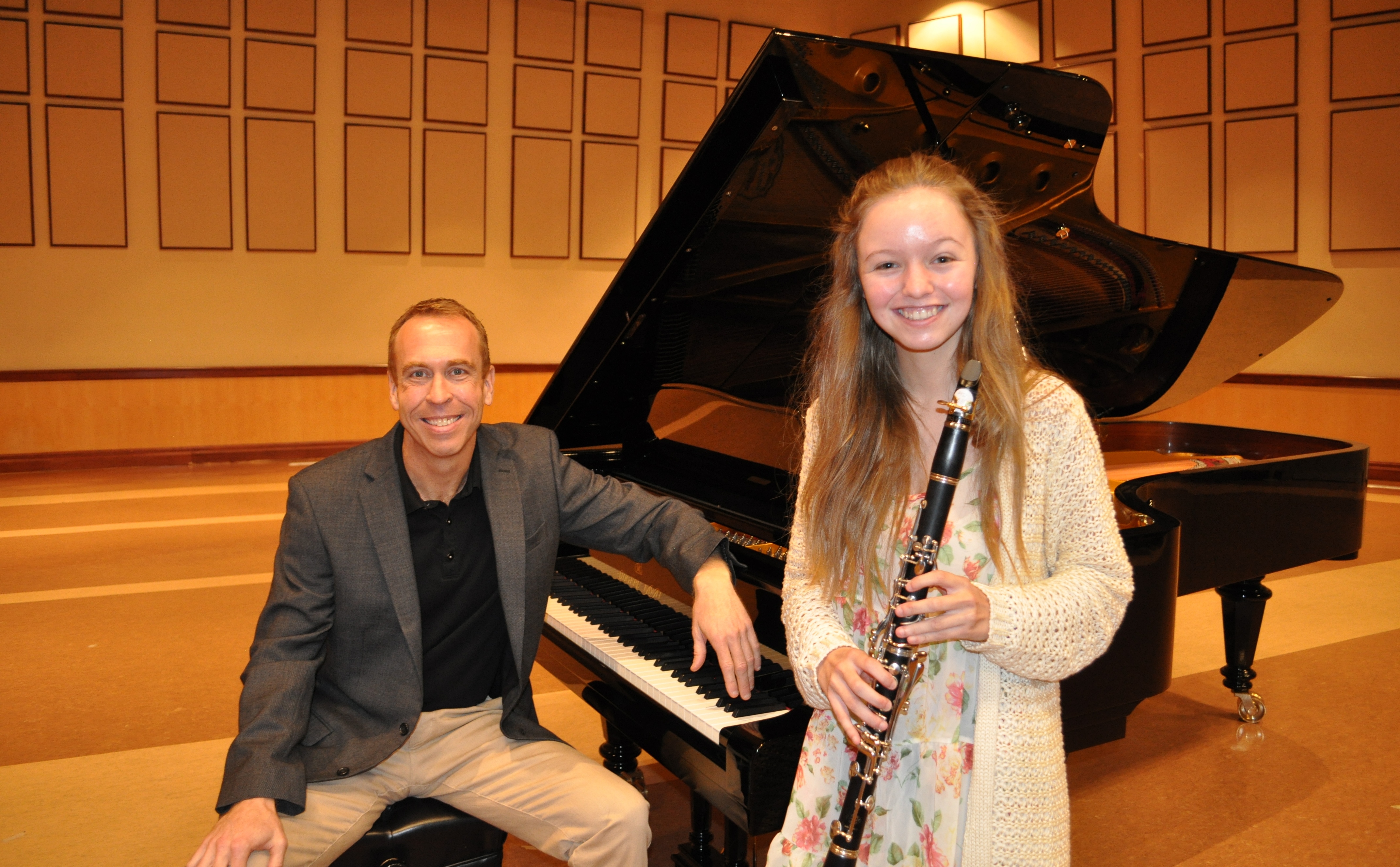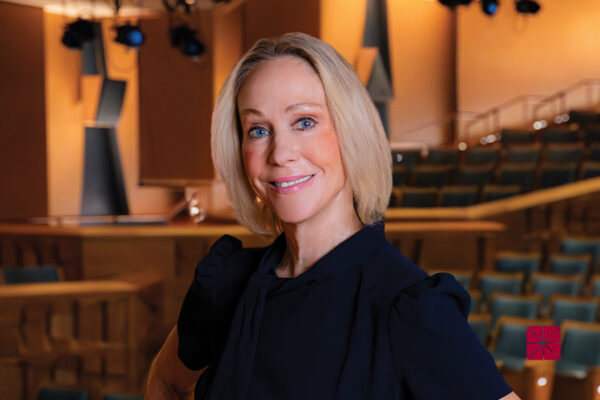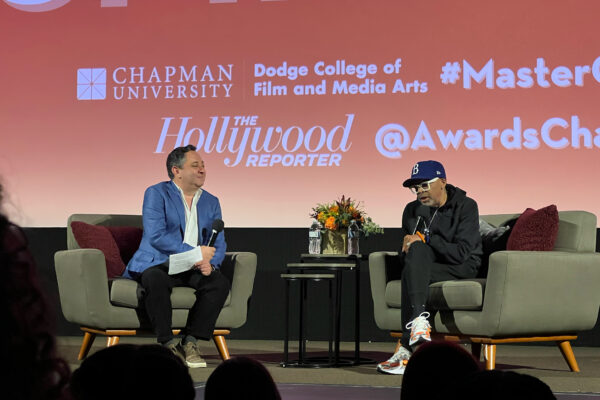Clarinetist Taylor Kunkel ’18 doesn’t know what she might see – or hear – during five months studying at the University of Cape Town in South Africa beginning in July.
What she does know is she’ll be bringing recordings of the melodies of another continent home to Chapman University as she seeks to expand the repertoire of world music in the Hall-Musco Conservatory of Music.
Campus research support
With the help of a $2,400 grant from the Earl Babbie Research Center in conjunction with the Office of Undergraduate Research and Creative Activity (OURCA), Kunkel plans to record and document music she encounters in both formal and informal settings in Cape Town and beyond.
“Chapman does focus a lot on Western classical music,” Kunkel said. “My music history classes are very much Europe-based and we talk very little about Asia or Africa. I know it’s hard in just one semester to focus on other continents, but there are so many other realms of music.”
The music education major hopes to bring home recordings of African drum groups and perhaps inspire such a group to form on campus. And as a clarinet player, Kunkel is interested in the forms of jazz she will find in the city that hosts the annual Cape Town International Jazz Festival, which promotes itself as “Africa’s Grandest Gathering.”
Her collaborator on Chapman’s campus will be Christopher J. Nicholas, DMA, assistant professor and director of bands as well as director of woodwind and brass studies at the Hall-Musco Conservatory. Nicholas will mentor Kunkel in the documenting, preserving, archiving, and editing of the recordings, sheet music and other materials she brings back and help her prepare to present her findings on campus, probably by forming ensembles for a concert and lecture next spring.
Peace through music
Kunkel’s academic interests include Peace Studies, her minor, and she and Nicholas share a vision of music as a vehicle for social entrepreneurship, offering solutions for societal problems.
Traditional South African music was popularized by Paul Simon during the 1980s when apartheid still existed, and his Graceland won the 1987 Grammy for Album of the Year. It also helped launch the international career of Ladysmith Black Mambazo a South African male choral group that has won four Grammys, including the 2013 Grammy for Best World Music Album for Live: Singing For Peace Around The World.
Kunkel emphasized in her grant application that she “hopes to gain the experience and skills necessary to use music as a form of cross-cultural communication with troubled regions of the world.”
Scholarly tradition
As a project in musicology, Nicholas likens Kunkel’s venture to a modern interpretation of the early 20th century work of composers Percy Grainger and Bela Bartok, who recorded indigenous folk music in the English countryside using wax cylinder recorders. A century later, Kunkel’s work will mostly be recorded digitally, and she plans to use some of the grant money to upgrade her technology beyond the original plan to use an iPhone for audio and video.
Research of this caliber is impressive for an undergraduate, Nicholas says.
“I just think in every step of this process, it’s a learning experience,” Nicholas said. “Taylor is the kind of person who is going to be a leader in the world of arts and culture. Because of this experience, Taylor could eventually be the type of student who wins a Fulbright grant.”
Display image at top/Christopher J. Nicholas, DMA and Taylor Kunkel ’18.





Add comment